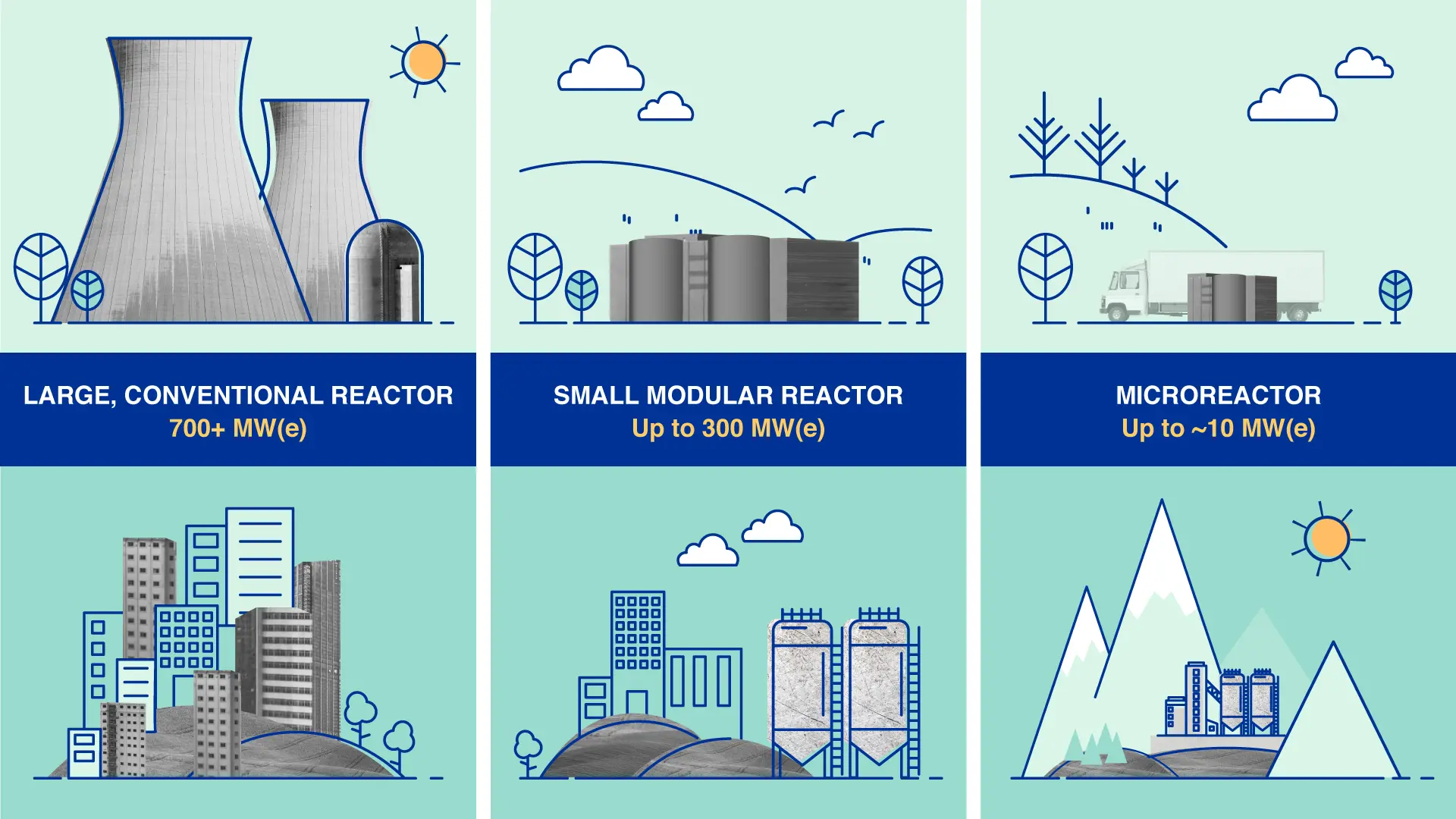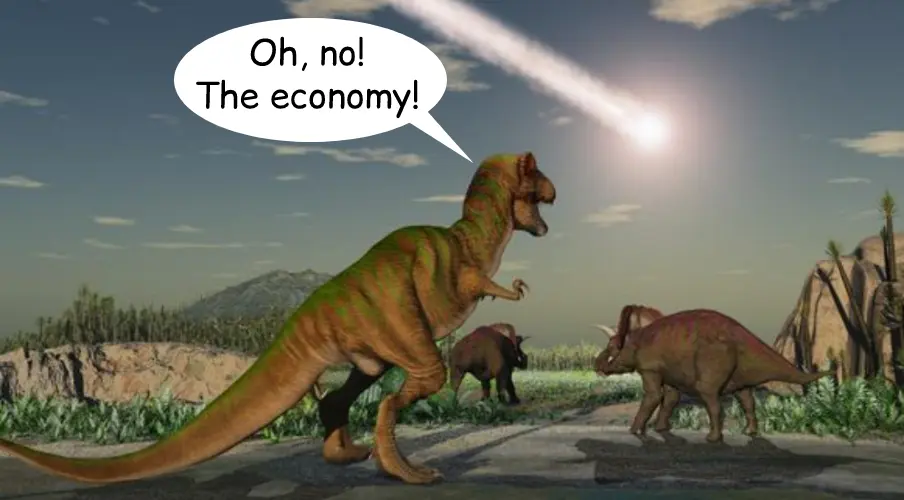- 7 Posts
- 20 Comments

 2·11 months ago
2·11 months agoI’m curious to hear people’s takes on small modular reactors.


 3·1 year ago
3·1 year agoSpencer Ackerman’s piece in Rolling Stone is worth a read.
Those are great points, too. I know a few sellers and have noticed their complaints about Amazon have increased in recent years at the same time my satisfaction with the platform as a buyer has been going down. You have all given me a lot ot think through. Greatly appreciated!
Yeah, @[email protected] raised some good points about potential problems. But it’s no impossible in theory. Like you say, I’d love to see something from the FOSS world that could take on Amazon. Amazon is a bully and a design thief.
Awesome!
Sorry for the delay, my wife gave birth and it’s been a busy few weeks. These are all great questions/points. Thank you for such a great reply!

 5·1 year ago
5·1 year agoanything on reddit gets shit on by 13 year olds who don’t know anything besides constant adaption to change.
That comment and this thread reminds me of this line from Cory Doctorow’s book Walkaway:
Anything invented before you were eighteen was there all along. Anything invented before you’re 30 is exciting and will change the world forever. Anything invented after that is an abomination and should be banned.
The tracking, the crap algorithms—they’re bad for user experience and they’re bad for society as a whole. But there is good stuff, too. I think that things like RSS (something old that is still amazingly supported but not consciously used enough), ActivityPub, and others can empower us to break free from the bad stuff while embracing the good.
Separate the content from how the content is viewed and we’ll change the incentives for (and power held by) for those who have turned it to such garbage.

 26·1 year ago
26·1 year agodeleted by creator

Exactly. I’m a dual national. The problem here in the UK is Middle England and other fuddy-duddies. They’re myopic more than conspiratorial, although immigration is an area where they can sometimes venture into fantasy. The MAGA cult in the US is thoroughly unhinged.

 2·1 year ago
2·1 year agoYeah, it’s not about automating the decision making, but making the tools available for when the will is present.

 41·1 year ago
41·1 year agoReminds me of something I heard someone say a few years ago (I can’t remember who said it): Build statues of ideas, not people.

About 15-20 years ago, a friend of mine who teaches communication at a university told me of a study that I think of every time I’m in a store and see vague sustainability messaging on a product. The study had two types of milk containers, each with the same milk from the same producer, but one had a standard label and cap, while the other had green-coloured labelling and a meaningless phrase along the lines of “for a better tomorrow”. The milk in the green, meaningless labels outsold the other one, even without making any actual claims. I think years of greenwashing BS have made people not trust claims of sustainability or eco-friendliness.
Another issue is hyperbolic discounting. Even if a more sustainable option saves money of the long run, people are generally bad at factoring in future savings.

And then there are pandemics among crops to worry about:
“Never again should a major cultivated species be molded into such uniformity that it is so universally vulnerable to attack by a pathogen,” wrote plant pathologist Arnold John Ullstrup in a review of the matter published in 1972.
And yet, today, genetic uniformity is one of the main features of most large-scale agricultural systems, leading some scientists to warn that conditions are ripe for more major outbreaks of plant disease.
“I think we have all the conditions for a pandemic in agricultural systems to occur,” said agricologist Miguel Altieri, a professor emeritus from the University of California, Berkeley. Hunger and economic hardship would likely ensue.

I started reading Ministry for the Future during last year’s horrible heat wave in Britain. My wife is a care worker and we were worried she’d arrive at people’s homes to find them dead. I had to stop reading because it was too real at the time. Thankfully non of her clients died during the heatwave.
As for mass causualty events, we’ve already had them—they just aren’t reported as such. Until these deaths are explicity reported as such in real time, people (survivors) will still feel disconnected. Just look at how long it took to attribute this girl’s death to air pollution.

 4·1 year ago
4·1 year agoMachine Learning has huge potential. I am more interested in seeing it used to inform decisions and highlight things that may get overlooked than deciding actual allocation.

 2·1 year ago
2·1 year agoThanks, that’s a great response. I think I’ll try the Reader to start and then see where I feel pulled next based on that. Your breakdown is very helpful.

 3·1 year ago
3·1 year agoI was thinking recently that it could be possible to make a portable allotment by making planter boxes like this out of old pallets and they could be “installed” on unused land and then moved if challenged without disturbing the plants too much. Maybe drill two holes at the top on each end and loop rope through for handles to make them easier to carry.

 2·1 year ago
2·1 year agoYeah, I was thinking tools for a more local level that enable collaboration, knowledge sharing, and tracking (rather than allocating) resource use. For higher-level coordination, something that could flag emerging conflicts over resources would be useful to spot problems on the horizon and then enable groups to work things out rather than impose a solution.
I worked on a project earlier this year to build an AI system that would share knowledge about performance and best practices to match communities up with solutions to their problems, as well as modules to help them implement, manage, and track them, all of which could then be fed back into the system. Enterprise tools for grassroots groups, so to speak. Unfortunately, it didn’t get off the ground.




Thanks, this looks great! I heard last year that Łódź, Poland was looking to do some interesting things across the city, too.